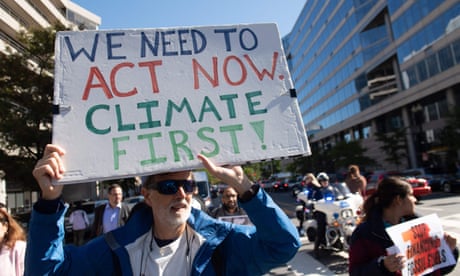This post references PistolPete's first post on this thread, (That's post 4 from the start) with a al jazeera video examining the lack of toilets (both private and public) in India.
That video was posted on YT in 2010. I did back there sometime post quite a lot of information about that situation. It was (and still is) a huge problem. Neither the British Colonial government, nor subsequent Indian government's had ever tried to do anything about.
It was and is a huge health problem, to what extent open defecation plays in the spread of the coid19 has not been analysed (as far as I know) but it likely does. But it is also a safety problem for women in particular, has having to both piss and shit in public, often leads to rape.
So when I saw the al jazeera video that PP posted my curiousity was aroused, because i knew that the Modi government had started a program in 2014 to build toilets for everyone in India ( the Swachh Bharat - Clean India Program) and in 2019 had declared victory - so was it still true that lots of people still had no access to working toilets?
Sadly, it appears that the Modi goverments claims are another kind of SHIT- (i.e. bullshit). The situation is better, but it is still a big problem.
I found this article, published by a media groups named C/net, with the Headline:
India spent $30 billion to fix its broken sanitation. It ended up with more problems
The Swachh Bharat mission, launched in 2014, was an ambitious effort to stop open defecation. It's far from reaching that goal.
and this video, made by a community action group called Video Volunteers* that posts videos on public problems in India>
Link: (the video was posted in 2020) https://www.youtube.com/watch?v=elEkUFtTrII
* Video Volunteers (VV) is working to create an alternative media landscape in which thousands of people around the world, living in slums and villages, are producing high quality video content that brings awareness to communities and empowers them to take action. - We create models of sustainable, locally owned media, and devise training programs that give communities the journalism, critical thinking and creative skills to run them.
